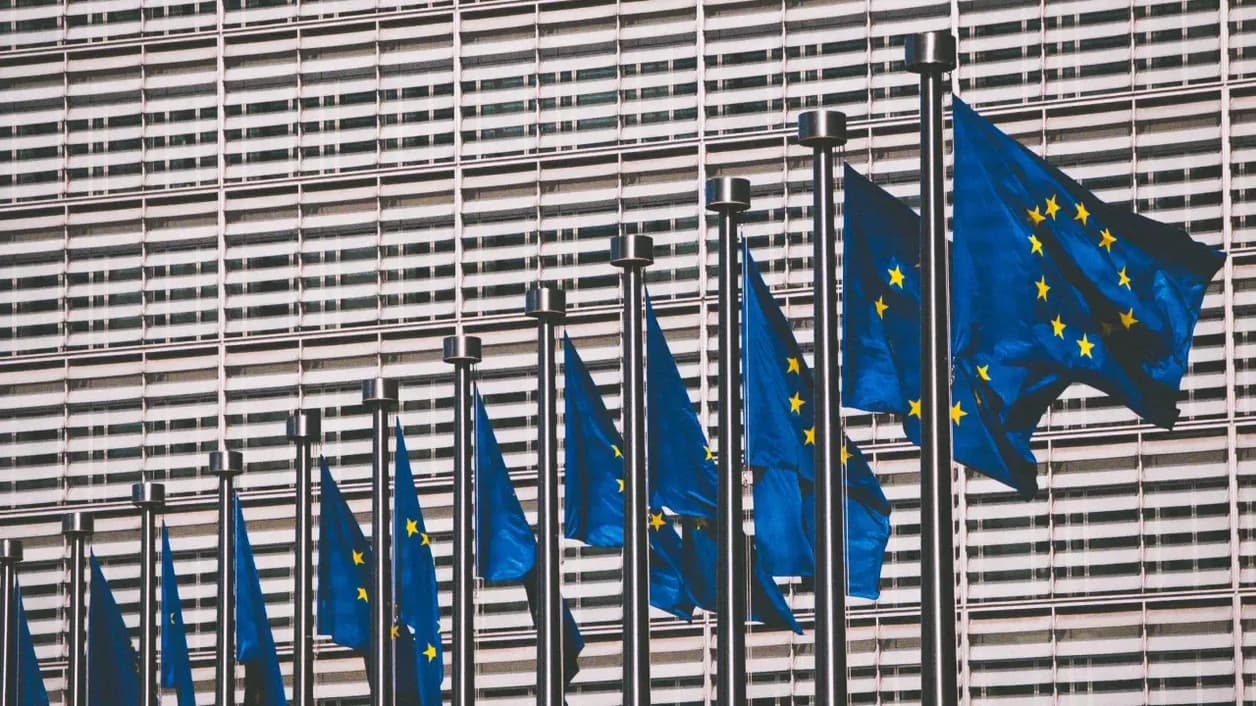
Key takeaways
- The upcoming leadership of the European Commission is likely to be a more strategic one.
- We will continue to see centrist and centre-right parties move further to the right on issues like immigration and security.
- Thematic investment sectors like green energy and infrastructure will come into focus.
Mike O’Sullivan is Moonfare’s newly joined Chief Economist and Senior Advisor. You can meet Mike at many of our community events and investor calls or follow his monthly commentary published on Moonfare's blog. Also, don't miss Mike's latest interview to learn more about his views on a range of topics — from interest rate cuts to opportunities in artificial intelligence.
In a critical year for elections, and against a backdrop of heightened geopolitical tensions, and a struggle for geopolitical relevance by the EU, the signals sent by the early June elections, and the shape of the Commission will count for private asset investors.
This will be notably the case in terms of the impact on regulation and investment spending on green energy, new, strategic technologies (AI, quantum) and defence for example. In addition, with Europe perceived to be falling behind the US in terms of growth and productivity, there is a growing sense of urgency around the need to boost growth.¹
Several trends are clear. On balance the far right and conservative groups will gain, at the expense of the greens, socialists and some centrist parties. It looks likely that the far-right will do better in France than had been thought, with the opposite being true in Germany.²
The immediate upshot of this is that post the election we will continue to see centrist and centre-right parties move further to the right on issues like immigration and security, but as is the case in countries as diverse as Romania and Portugal, the establishment parties will work together to keep extreme parties from power. One economic implication will be the effect if any, on labour markets and wages.
Though not impossible, it is unlikely that the far and conservative right, together with the far left, can club together to block the election of Ursula von der Leyen as EU president. Equally, given the threat from the far-right, most EU governments have an incentive to ensure that the selection of the next European executive goes smoothly.
Our sense is that the second von der Leyen presidency will commence with a lot of horse trading. The socialists demand that the role that Charles Michel has held — EC Council president — goes to former Portuguese prime minister Antonio Costa who is ‘popular’ amongst PM’s, while Giorgia Meloni’s Fratelli (members of the conservative ECR group) will either outright support von der Leyen or not vote against her (von der Leyen has campaigned with Meloni in recent months).
There are other important positions to be filled, notably the EU high representative of foreign affairs role. Katja Kallas of Estonia is one favourite, whilst there is widespread talk that the Polish foreign minister Radoslaw Sikorski could become the first official EU defense minister.
In summary, the rise of the far-right and the presence of a difficult far left cohort, will make the selection and voting process for EU leadership a more focused affair than ever before, and we expect most of the ‘favourites’ to make it through the process. As a final note, the next Commission will be a very geopolitically focused one, with trade (‘strategic autonomy’), defense and diplomacy at its main focal points.

If the above scenario plays out, it should leave the EU relatively free of political risk as we then approach elections in the UK and US. Our hope — though we are not wholly convinced — is that there follows a broad and urgent focus on growth and productivity.
The rates outlook might help. Central banks in Sweden and Switzerland have already lowered rates, followed by the ECB, which cut its benchmark deposit rate by a quarter percentage point to 3.75% in early June.³ With the inflation picture in the US still sticky, we believe the ECB's move created room for a weaker euro and will help certain business segments and potentially support deal activity. Lower political and macro volatility is in general good for deal making — buy-outs and secondaries should see activity pick up.
The other policy related factor to watch for from a private assets point of view is the extent to which the thematic of ‘strategic autonomy’ takes hold and we see greater support (and funding perhaps in the form of more EU bonds) for investment in infrastructure, digital healthcare, defense and energy as key private investment thematics.

¹ https://www.consilium.europa.eu/media/ny3j24sm/much-more-than-a-market-report-by-enrico-letta.pdf ² https://ecfr.eu/publication/a-sharp-right-turn-a-forecast-for-the-2024-european-parliament-elections/ ³ https://www.ft.com/content/97543fe0-32cb-4427-a1d2-aac2ea5180fc



